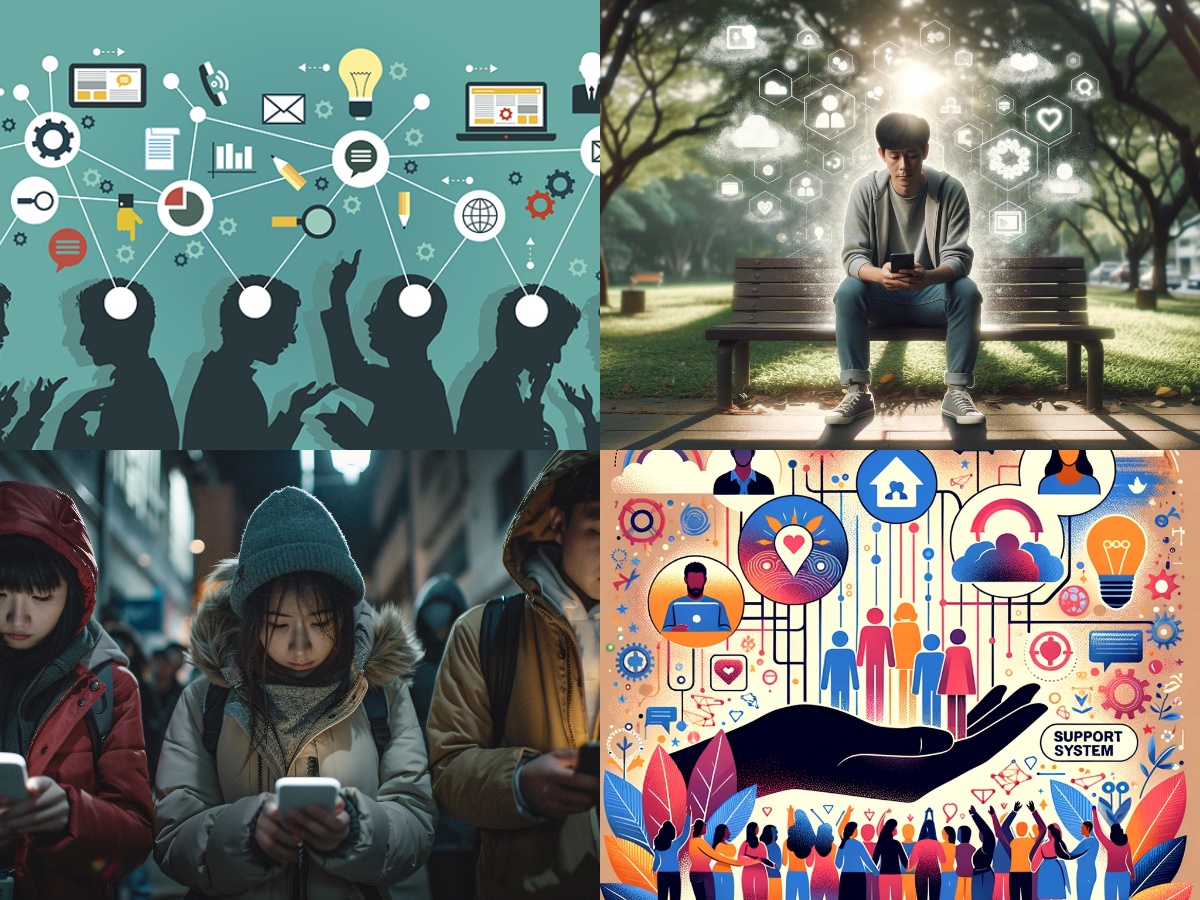Articles and Trivia
Write an articleThe Silent Epidemic: Student Mental Health Crisis in the Digital Age

The digital age has revolutionized education and communication, but it has also given rise to a mental health crisis among students. Rates of anxiety, depression, and burnout have surged due to social media pressures, academic demands, and societal expectations.
Technology, while empowering, often creates stressors like cyberbullying, FOMO, and disrupted sleep. The constant exposure to curated online lives fosters unrealistic standards, eroding self-esteem. Additionally, academic pressures and the pursuit of perfection leave little room for self-care.
This crisis affects families, schools, and society, with long-term consequences if left unaddressed. To combat this, we must promote open dialogue, integrate mental health education, encourage digital detox, and provide robust support systems.
By taking proactive steps, we can ensure students thrive mentally and academically in the digital era, securing a brighter future for all
Recognize Warning Signs: Identify symptoms that indicate a mental health crisis may be developing.
Practice Coping Strategies: Use relaxation techniques or physical exercise to manage stress independently.
Engage in Social Activities: Seek distractions through positive social settings.
Create a Support List: Keep a list of trusted individuals to contact for help.
Ensure Safety: Remove harmful items from your environment if you're at risk.
Prepare Professional Contacts: Have emergency contacts and a therapist readily available.


